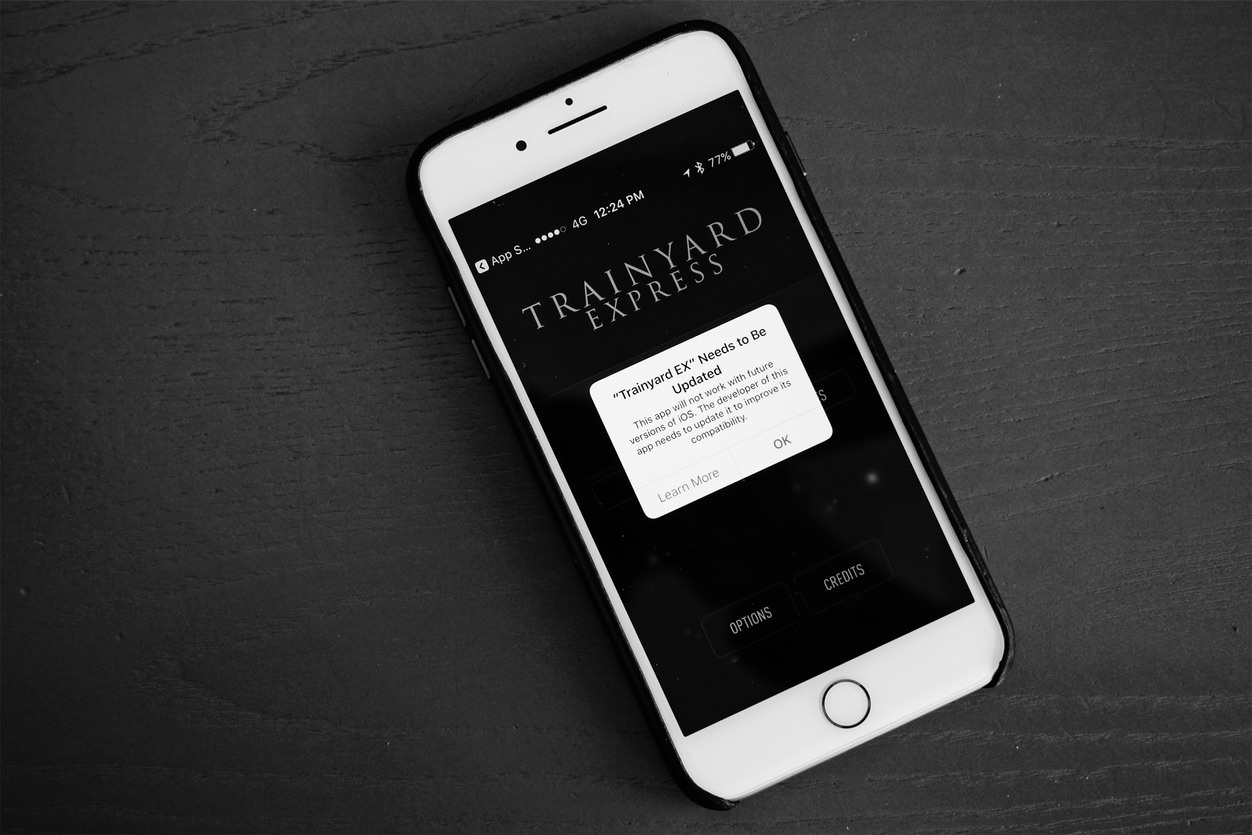„Future iOS update will shut the door on apps from the dawn of the smartphone“

As Apple says, purging older apps and keeping them from running is mostly good for users; even if an older app still runs on iOS, it won’t support all the newest APIs, and users may experience crashes and other issues that an actively maintained app wouldn’t suffer from. The main problem, as is often the case with software and services, is about how to archive these older apps for study or for later use or emulation. When these apps—many of them games—stop working and are removed from the App Store, it will become that much harder to recall the dawn of the modern smartphone era and to research it for other projects.
So romantisch die Idee auch ist, (alte) Software für die Nachwelt aufzuheben, so unrealistisch ist sie mittlerweile. Mit dem Vertrieb über kopiergeschützte App-Store-Plattformen von Apple und Google tendiert die Archivierbarkeit von Software gegen Null.
As it stands, without exploits for security vulnerabilities for these devices, it isn’t even possible to get a copy of the apps to run in an emulator, due to the as-yet uncracked DRM used by Apple (which may or may not use hardware AES keys; I still haven’t figured this out). So even if you had an iPhone emulator (and you don’t, and might not for a very long time, if ever), you also need to obtain an unencrypted copy of Trainyard (the app in the banner image of this article) to run on it, as if they really are using hardware AES keys for that, your emulator is going to be missing those.
Wenn Apple mit iOS 11 alle 32-Bit-Apps ausschließt, wonach es im Moment aussieht, wird das viele Apps aus dem Katalog kegeln. Betroffen sind dabei Apps und Spiele, die seit mindestens eineinhalb Jahren nicht aktualisiert wurden. Seit Sommer 2015 zwingt Apple bereits zur 64-Bit-Pflicht.
Das bedeutet im Umkehrschluss: Apps, die seitdem kein Update mehr erfuhren, werden auch nicht mehr gepflegt; von einer aktiven Entwicklung einmal ganz zu schweigen.
So zurückgelassene Apps zeigen falsche oder veraltete Dialoge, unterstützen keine neuen Schnittstellen, vermissen eine Anpassung an die inzwischen größeren iPhone-Bildschirme oder stürzen einfach ab. Apples Motivation mit dem (bereits eingeläutetem) Ende von 32-Bit-Apps liegt klar auf der Seite seiner App-Store-Kund_innen, die keine Zeit und kein Geld mehr in alte (Crash‑)Software investieren sollen. Es ist eine von mehreren notwendigen Bestrebungen den App-Store-Katalog instand zu halten.